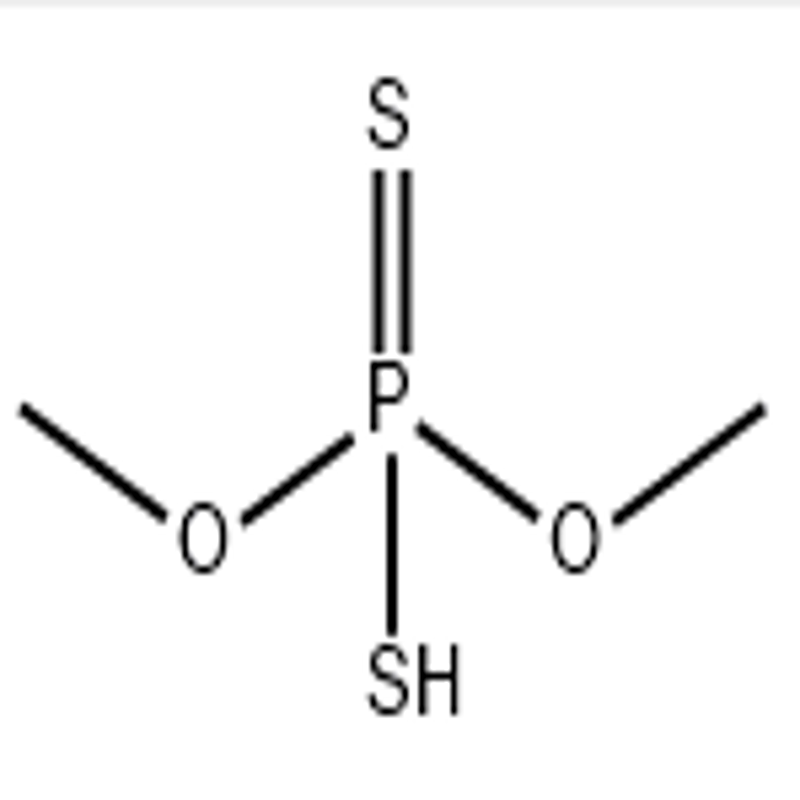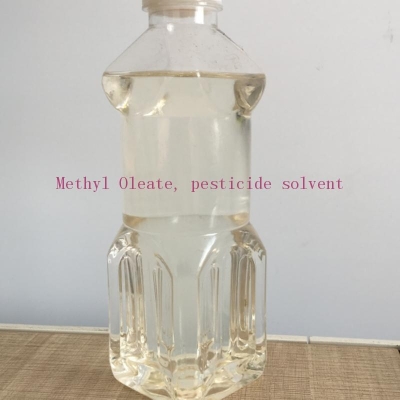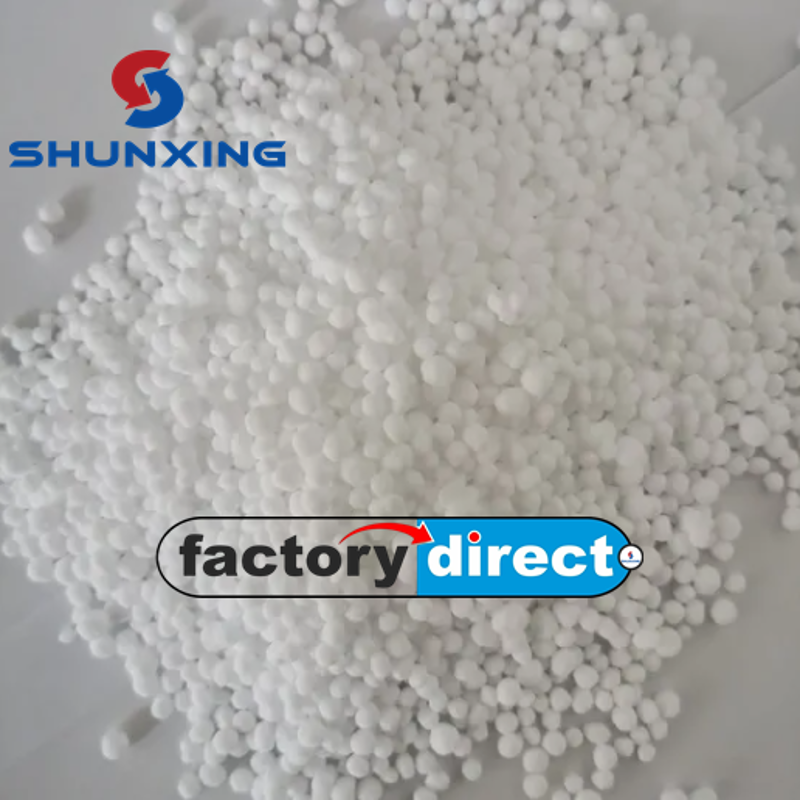-
Categories
-
Pharmaceutical Intermediates
-
Active Pharmaceutical Ingredients
-
Food Additives
- Industrial Coatings
- Agrochemicals
- Dyes and Pigments
- Surfactant
- Flavors and Fragrances
- Chemical Reagents
- Catalyst and Auxiliary
- Natural Products
- Inorganic Chemistry
-
Organic Chemistry
-
Biochemical Engineering
- Analytical Chemistry
-
Cosmetic Ingredient
- Water Treatment Chemical
-
Pharmaceutical Intermediates
Promotion
ECHEMI Mall
Wholesale
Weekly Price
Exhibition
News
-
Trade Service
In recent years, the country has increasingly strengthened the control of pesticides.
Whether in terms of policy guidance or food safety, green and healthy pesticide ingredients and use methods have become more and more respected, which has brought great development space to biological pesticides.
.
In particular, Bacillus subtilis, which is known as the king of "bacteria", has an expanding range of action, and its effects have been recognized by growers.
Why does this biopesticide have such market feedback? Today I will share with you the several major mechanisms of action and precautions of Bacillus subtilis! Bacillus subtilis is widespread in nature.
It is not only active in the external environment such as soil, plant rhizosphere, body surface, but also a common endophytic bacteria in plants.
It is non-toxic and harmless to humans and animals, does not pollute the environment, and has significant antibacterial properties.
Activity and strong resistance to stress
.
Bacillus subtilis grows fast, has simple nutrition, can produce heat-resistant and stress-resistant spores, and can be made into various formulations; it can be mixed with chemical pesticides without inactivation, and the mass production process is simple, the cost is low, the application is convenient, and the storage is Duration
.
It is a necessary medicine for planting and production! The efficacy of Bacillus subtilis @ Concerned About Leaf Rain The effect of Bacillus subtilis on plants is mainly reflected in the following aspects: Nutrition and spatial site competition The competition of the microorganism Bacillus subtilis mainly includes nutrition competition and spatial position Point of competition
.
It can multiply and colonize quickly and in large quantities in the rhizosphere, body surface or body of plants and in the soil, effectively repelling, preventing and interfering with the colonization and infection of plant pathogenic microorganisms on plants, so as to achieve the effect of antibacterial and disease prevention
.
Produce antibacterial substances Bacillus subtilis colony Bacillus subtilis can produce a variety of antibacterial and bacteriolytic substances, such as subtilisins, organic acids, antibacterial proteins, etc.
, which can inhibit the growth and reproduction of pathogens , And even destroy the structure of bacteria and kill pathogenic bacteria
.
Therefore, Bacillus subtilis is very effective in preventing and curing diseases such as replanting disease, root rot, and gray mold
.
Enhance immunity and promote growth Bacillus subtilis can secrete active substances, activate plant defense system, enhance the immunity and disease resistance of crops, and reduce or eliminate the harm of pathogens to plants
.
It can also promote the growth and development of a variety of plant seeds, seedlings and roots, and enhance the disease resistance of plants, thereby indirectly reducing the occurrence of diseases
.
For example, increase the formation of indole acetic acid and other auxins, stimulate the development of crop roots, and enhance photosynthesis
.
At the same time, the difficult-to-absorb substances in the soil are converted into substances that are easy for crops to absorb, so as to promote the absorption and utilization of nutrients by crops and improve fertilizer utilization
.
Inducing plants to produce disease-resistant rice sheath blight Bacillus subtilis can not only directly inhibit plant pathogens, but also enhance plant disease resistance by inducing the plant's own disease resistance potential
.
For example, the biocontrol bacteria Bacillus subtilis of rice sheath blight can induce the activity of the enzymes (POD, PPO and SOD) related to the disease resistance of the rice sheath cells to increase to achieve the disease resistance effect
.
Improve soil structure Bacillus subtilis forms a probiotic environment in the soil, promotes the formation of aggregate structure, improves soil fertility and water retention, increases soil porosity, and promotes root growth
.
Specifically, it accelerates the mineralization of nutrients and changes nutrients from ineffective and slow-acting states to effective and quick-acting states
.
At the same time, it accelerates nutrient humification, secretes phytase, and degrades most of the phytate in the soil; produces auxin, stimulates crop growth, and improves seed survival rate and emergence rate
.
Precautions for use Bacillus subtilis is mainly used for soil adjustment, spraying, root irrigation, seed dressing and seed coating
.
Pay attention to the following points when spraying: ● Due to the small amount of use, in order to reduce waste, be sure to use the secondary dilution method
.
● Apply the medicine before 10 in the morning or after 4 in the afternoon to avoid direct sunlight to kill the spores
.
Especially after 4 o'clock, the humid environment at night is more conducive to spore germination
.
● It cannot be mixed with copper preparations, streptomycin and other bactericides and alkaline pesticides
.
● The effect of spraying at the beginning of the disease or before the onset of the disease is the best.
When applying the pesticide, pay attention to spraying the liquid evenly to all parts of the crop..
The pros and cons of Bacillus subtilis.
We won't discuss the quality of Bacillus subtilis.
Let's take a look at these counterfeit and inferior routines
.
①The price is cheap, and some hormones or fertilizers are generally used as a fake, that is, they are sold as fertilizers
.
②The effect is very fast, and it is effective on the day of hitting
.
③It is easy to cause premature senescence of crops after use, because of the effect of hormones, quality and yield will decrease
.
In short, the real Bacillus subtilis is a kind of biological agent, which has a good growth regulation effect on crops and soil.
It is basically multi-functional, and it is impossible to act only for one point.
The most important thing is that its use effect is The accumulation is beyond the reach of simple fertilizers or hormones
.
Agricultural Technology
Whether in terms of policy guidance or food safety, green and healthy pesticide ingredients and use methods have become more and more respected, which has brought great development space to biological pesticides.
.
In particular, Bacillus subtilis, which is known as the king of "bacteria", has an expanding range of action, and its effects have been recognized by growers.
Why does this biopesticide have such market feedback? Today I will share with you the several major mechanisms of action and precautions of Bacillus subtilis! Bacillus subtilis is widespread in nature.
It is not only active in the external environment such as soil, plant rhizosphere, body surface, but also a common endophytic bacteria in plants.
It is non-toxic and harmless to humans and animals, does not pollute the environment, and has significant antibacterial properties.
Activity and strong resistance to stress
.
Bacillus subtilis grows fast, has simple nutrition, can produce heat-resistant and stress-resistant spores, and can be made into various formulations; it can be mixed with chemical pesticides without inactivation, and the mass production process is simple, the cost is low, the application is convenient, and the storage is Duration
.
It is a necessary medicine for planting and production! The efficacy of Bacillus subtilis @ Concerned About Leaf Rain The effect of Bacillus subtilis on plants is mainly reflected in the following aspects: Nutrition and spatial site competition The competition of the microorganism Bacillus subtilis mainly includes nutrition competition and spatial position Point of competition
.
It can multiply and colonize quickly and in large quantities in the rhizosphere, body surface or body of plants and in the soil, effectively repelling, preventing and interfering with the colonization and infection of plant pathogenic microorganisms on plants, so as to achieve the effect of antibacterial and disease prevention
.
Produce antibacterial substances Bacillus subtilis colony Bacillus subtilis can produce a variety of antibacterial and bacteriolytic substances, such as subtilisins, organic acids, antibacterial proteins, etc.
, which can inhibit the growth and reproduction of pathogens , And even destroy the structure of bacteria and kill pathogenic bacteria
.
Therefore, Bacillus subtilis is very effective in preventing and curing diseases such as replanting disease, root rot, and gray mold
.
Enhance immunity and promote growth Bacillus subtilis can secrete active substances, activate plant defense system, enhance the immunity and disease resistance of crops, and reduce or eliminate the harm of pathogens to plants
.
It can also promote the growth and development of a variety of plant seeds, seedlings and roots, and enhance the disease resistance of plants, thereby indirectly reducing the occurrence of diseases
.
For example, increase the formation of indole acetic acid and other auxins, stimulate the development of crop roots, and enhance photosynthesis
.
At the same time, the difficult-to-absorb substances in the soil are converted into substances that are easy for crops to absorb, so as to promote the absorption and utilization of nutrients by crops and improve fertilizer utilization
.
Inducing plants to produce disease-resistant rice sheath blight Bacillus subtilis can not only directly inhibit plant pathogens, but also enhance plant disease resistance by inducing the plant's own disease resistance potential
.
For example, the biocontrol bacteria Bacillus subtilis of rice sheath blight can induce the activity of the enzymes (POD, PPO and SOD) related to the disease resistance of the rice sheath cells to increase to achieve the disease resistance effect
.
Improve soil structure Bacillus subtilis forms a probiotic environment in the soil, promotes the formation of aggregate structure, improves soil fertility and water retention, increases soil porosity, and promotes root growth
.
Specifically, it accelerates the mineralization of nutrients and changes nutrients from ineffective and slow-acting states to effective and quick-acting states
.
At the same time, it accelerates nutrient humification, secretes phytase, and degrades most of the phytate in the soil; produces auxin, stimulates crop growth, and improves seed survival rate and emergence rate
.
Precautions for use Bacillus subtilis is mainly used for soil adjustment, spraying, root irrigation, seed dressing and seed coating
.
Pay attention to the following points when spraying: ● Due to the small amount of use, in order to reduce waste, be sure to use the secondary dilution method
.
● Apply the medicine before 10 in the morning or after 4 in the afternoon to avoid direct sunlight to kill the spores
.
Especially after 4 o'clock, the humid environment at night is more conducive to spore germination
.
● It cannot be mixed with copper preparations, streptomycin and other bactericides and alkaline pesticides
.
● The effect of spraying at the beginning of the disease or before the onset of the disease is the best.
When applying the pesticide, pay attention to spraying the liquid evenly to all parts of the crop..
The pros and cons of Bacillus subtilis.
We won't discuss the quality of Bacillus subtilis.
Let's take a look at these counterfeit and inferior routines
.
①The price is cheap, and some hormones or fertilizers are generally used as a fake, that is, they are sold as fertilizers
.
②The effect is very fast, and it is effective on the day of hitting
.
③It is easy to cause premature senescence of crops after use, because of the effect of hormones, quality and yield will decrease
.
In short, the real Bacillus subtilis is a kind of biological agent, which has a good growth regulation effect on crops and soil.
It is basically multi-functional, and it is impossible to act only for one point.
The most important thing is that its use effect is The accumulation is beyond the reach of simple fertilizers or hormones
.
Agricultural Technology







